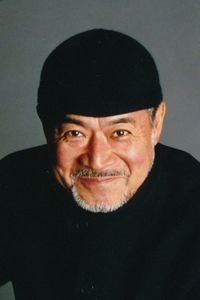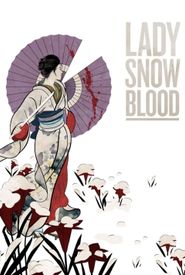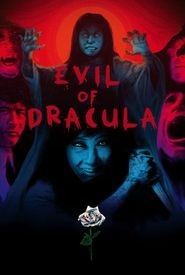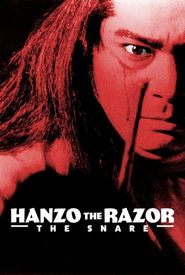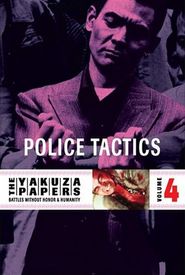Toshio Kurosawa, a celebrated and accomplished Japanese actor, burst onto the scene on February 4, 1944, in the vibrant and bustling city of Yokohama, Kanagawa, Japan, a place that would later serve as the backdrop for many of his most notable performances.
As a thespian of great repute, Kurosawa has left an enduring and profound impact on the world of cinema, mesmerizing audiences with his extraordinary talent and versatility, as evidenced by his extensive and diverse filmography.
Throughout his illustrious career, he has consistently demonstrated his remarkable range and ability to bring complex characters to life, earning him widespread critical acclaim and a devoted following among fans of Japanese cinema.
With a career spanning multiple decades, Kurosawa has established himself as a master of his craft, with a body of work that continues to inspire and influence new generations of actors and filmmakers.
From his early beginnings to his current status as a Japanese acting legend, Toshio Kurosawa's remarkable journey is a testament to his unwavering dedication, unrelenting passion, and unshakeable commitment to his craft.
Notable among his extensive filmography are several standout performances that have left an indelible mark on the world of cinema. Among these, the 1973 release of Lady Snowblood stands out as a tour-de-force, showcasing his remarkable range and depth as an actor.
Additionally, his work on Urutora Q, which debuted in 1965, was nothing short of groundbreaking, pushing the boundaries of what was thought possible in filmmaking at the time.
Furthermore, his portrayal in Samurai Assassin, also released in 1965, garnered widespread critical acclaim, solidifying his position as a master of his craft.
